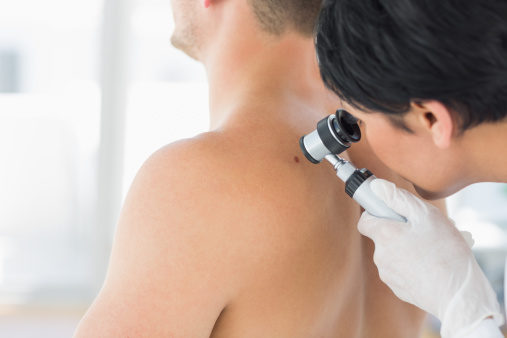Sydney, Australia—Results from a recent study suggest that the form of vitamin B3 known as nicotinamide may help reduce risk of non-melanoma skin cancer among high-risk patients. These results were announced at a presscast held prior to the 2015 American Society of Clinical Oncology (ASCO) Annual Meeting. The study itself involved 386 patients, with ages ranging from 30 to 91, at high risk of skin cancer, high risk being defined as people who had at least two incidents of skin cancer within the last five years. Patients either took 500 mg of nicotinamide or placebo twice daily over a 12-month period, with evaluations taken every three months by dermatologists to check for the presence of new non-melanoma skin cancers. Nicotinamide is chemically similar to the vitamin B3 form niacin, and when people ingest niacin, it is converted to nicotinamide in the body. However, nicotinamine is not associated with the negative reactions some people have to niacin, such as skin flushing and headaches.
Results were very positive for the nicotinamide group, which experienced a 23% reduction in non-melanoma skin cancer. This group also saw a 20% reduction in basal cell carcinomas and a 30% reduction for squamous cell carcinomas. In a statement given along with the announcement of the results, study head Diona Damian, professor of dermatology at the Dermatology University of Sydney, also added that reduction in skin cancer was evident as early as the three-month mark, though how long effects will last with consistent supplementation is unknown. The study conclusion deemed nicotinamine a “well-tolerated” and “effective” option against non-melanoma skin cancers, also noting that it is inexpensive, accessible, and “readily translatable into clinical practice.” However, Damian points out that sunscreen and other measures are still necessary in lowering skin cancer risk, and those already at high risk will still need to regularly see a doctor.
Published in WholeFoods Magazine, July 2015 (online 5/14/2015)










